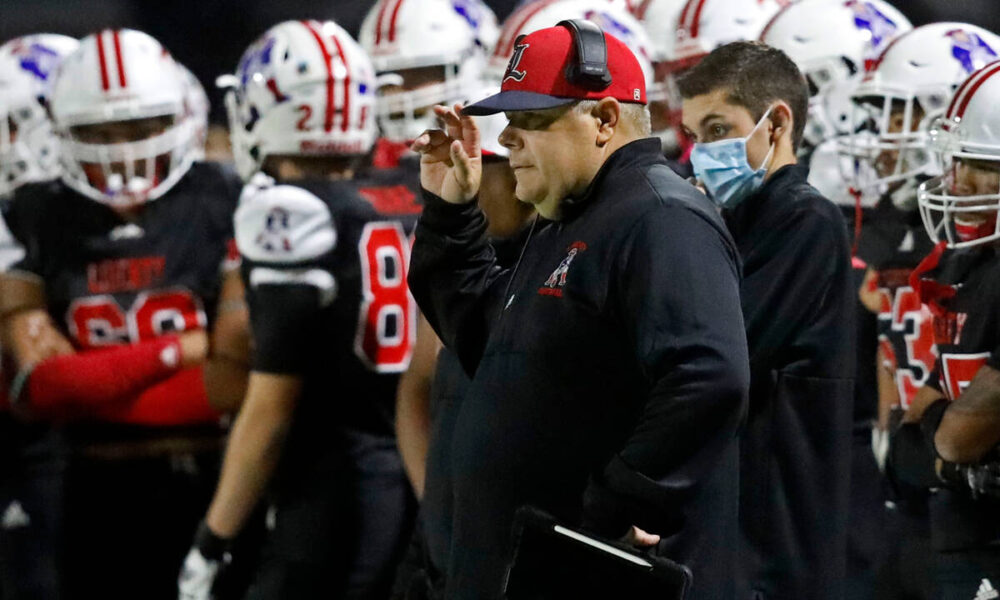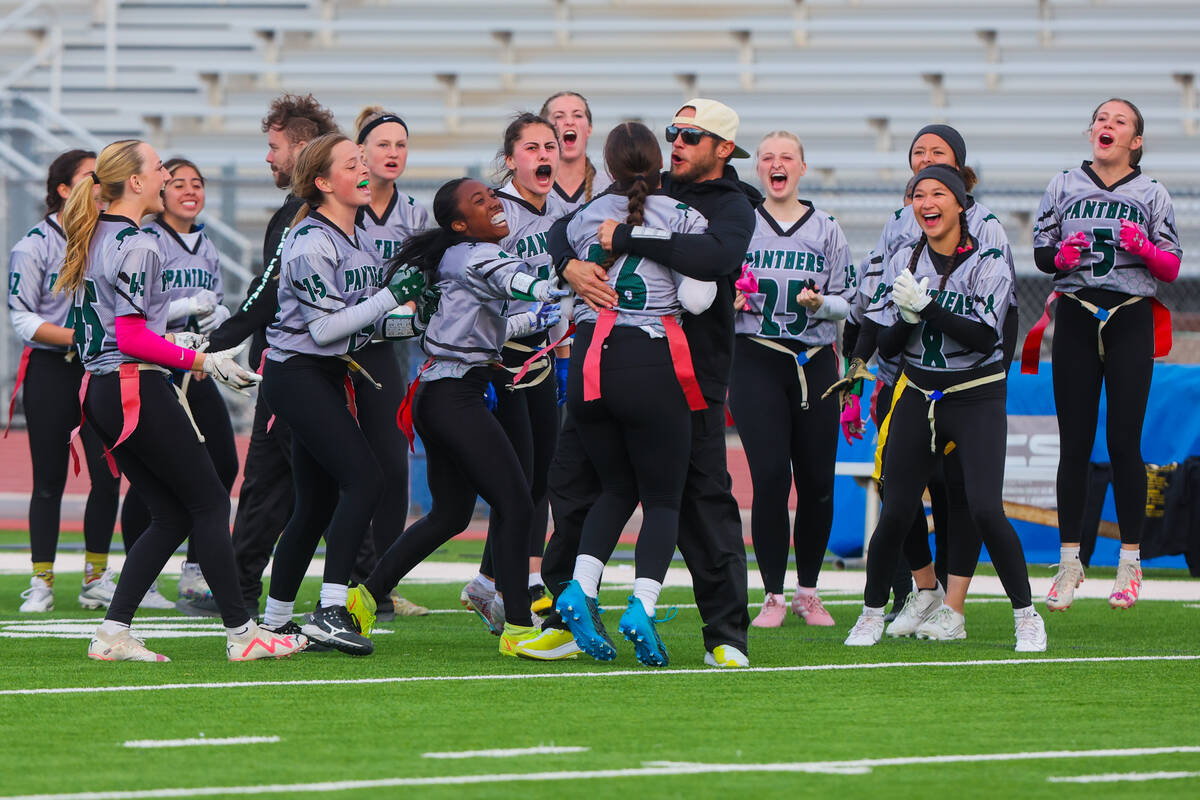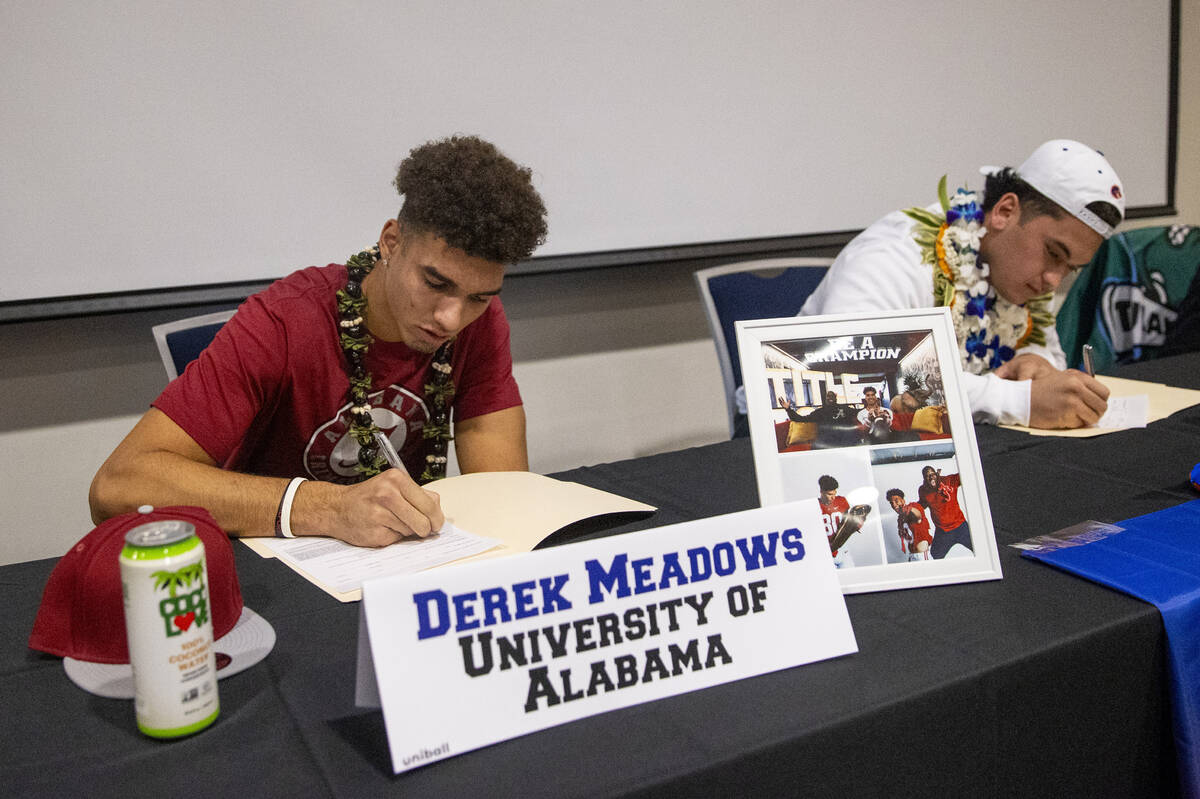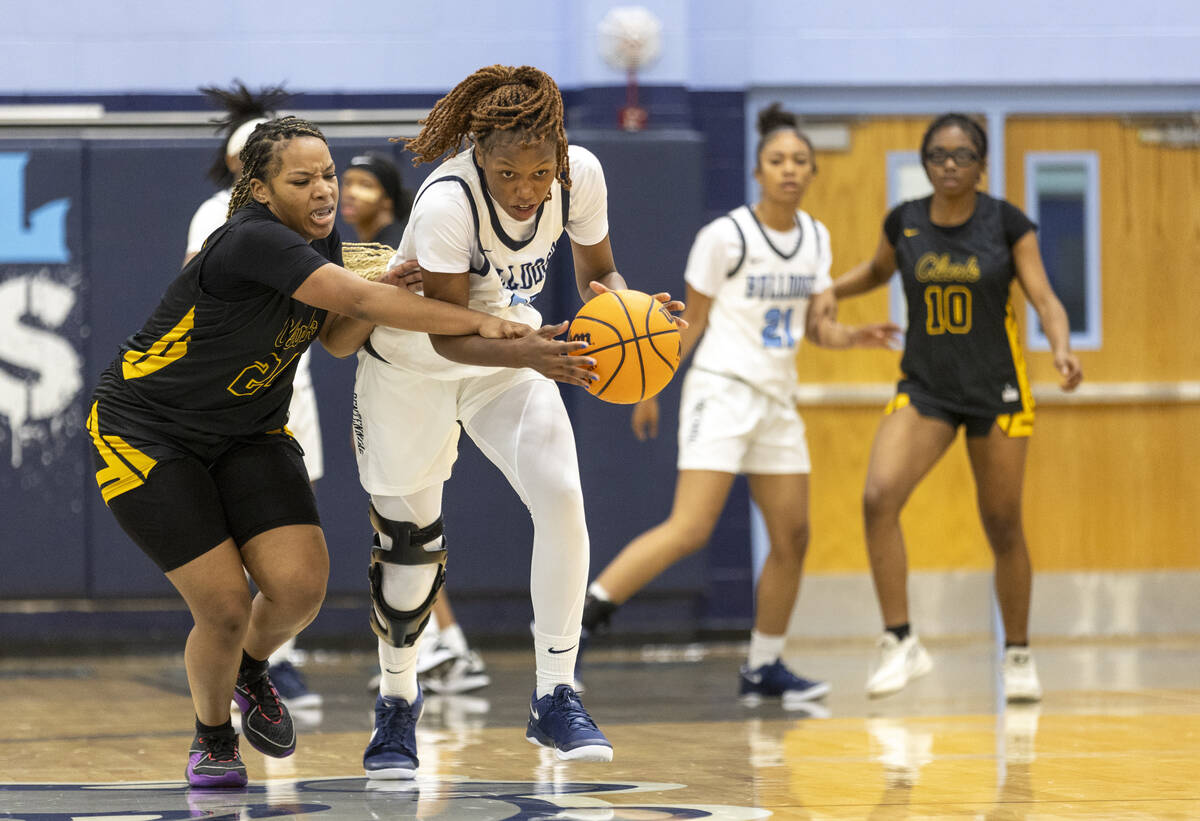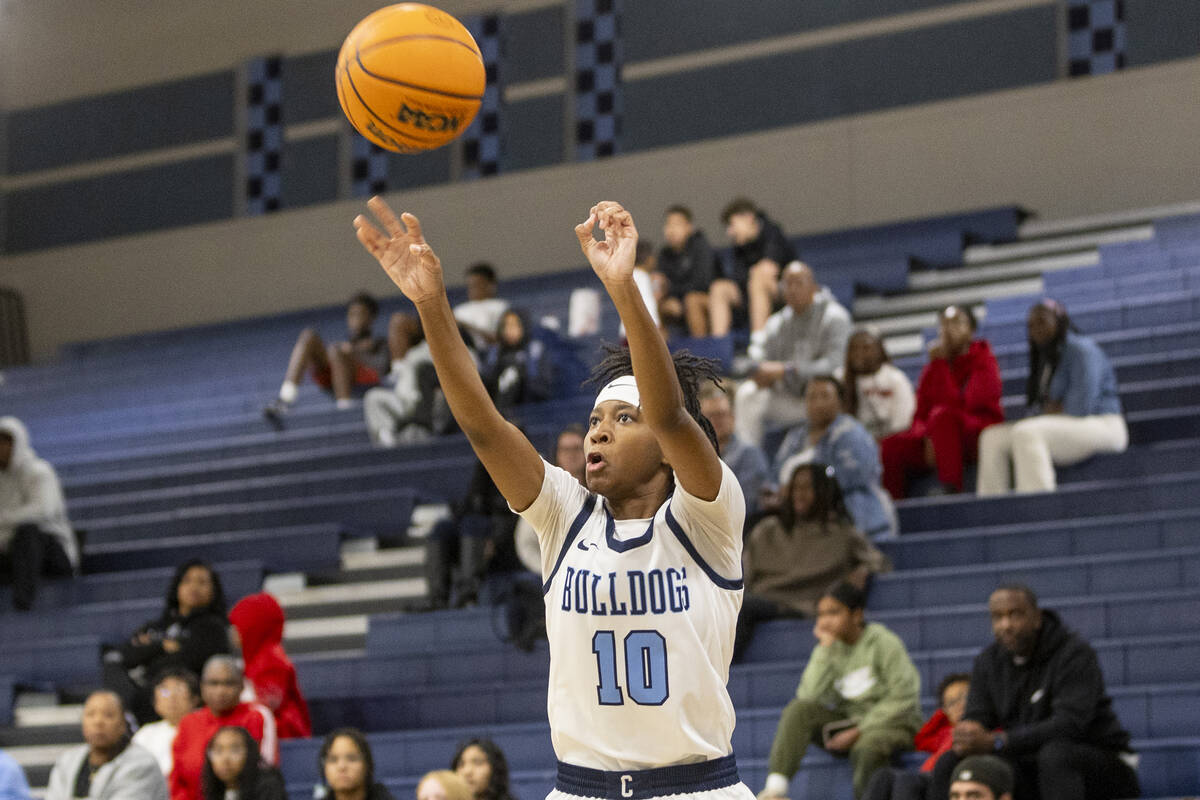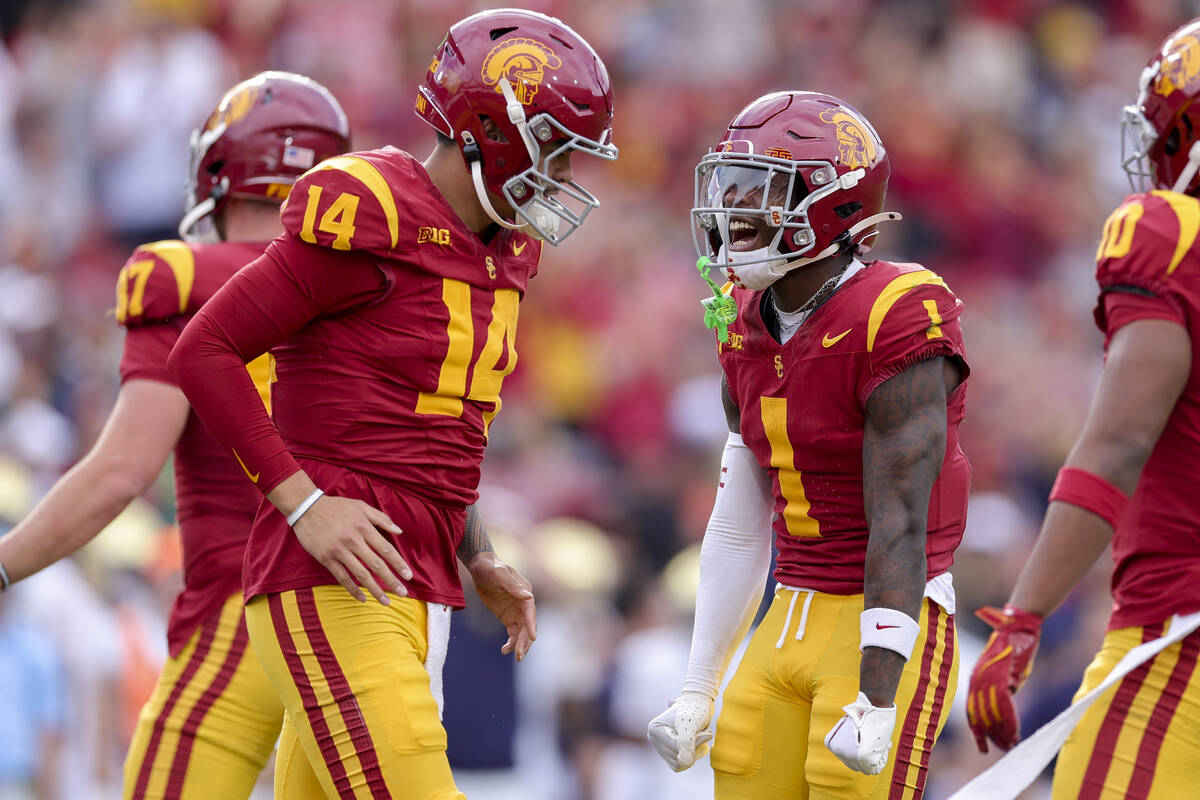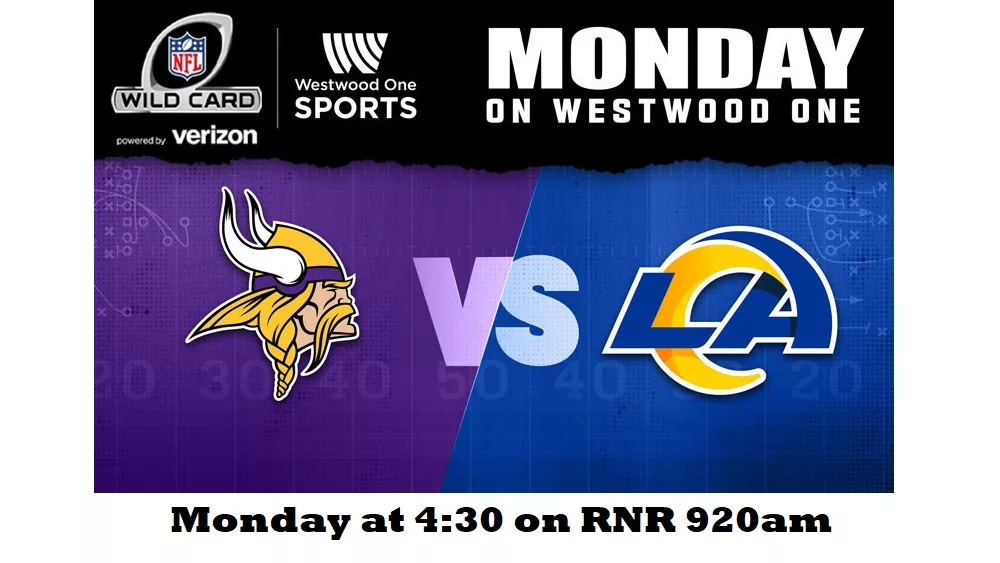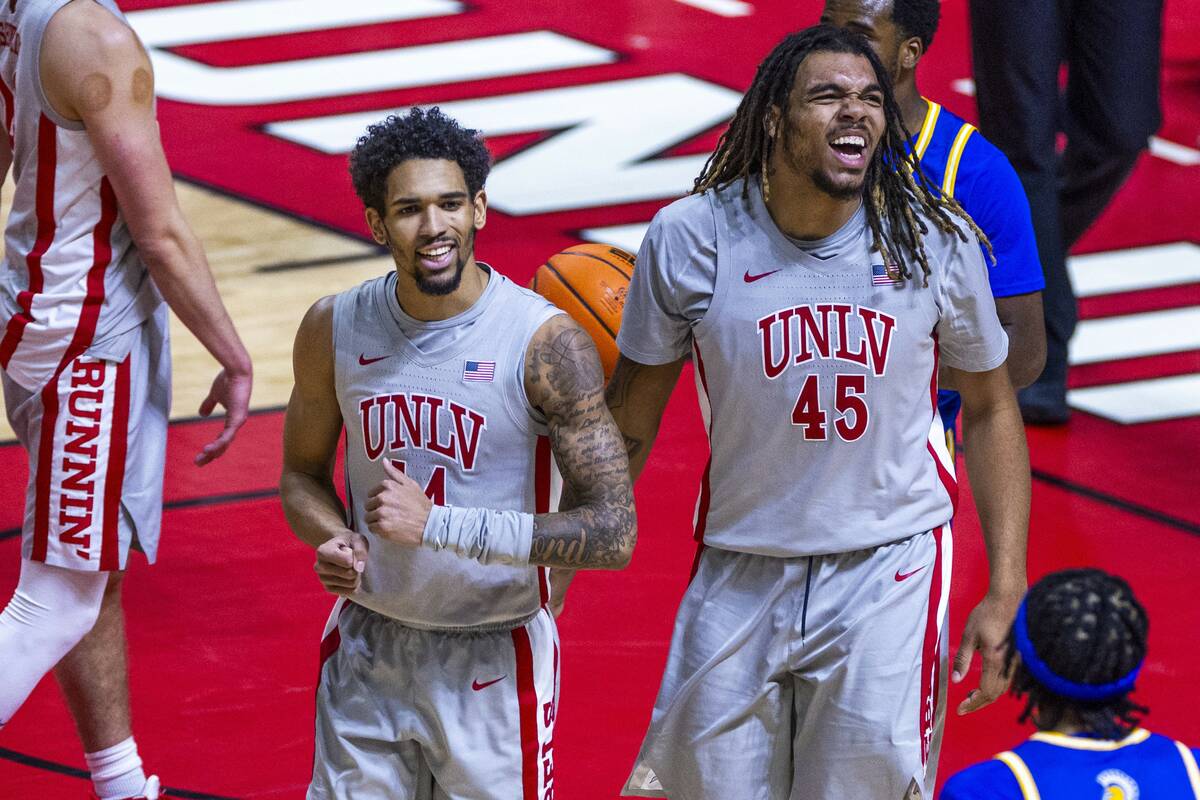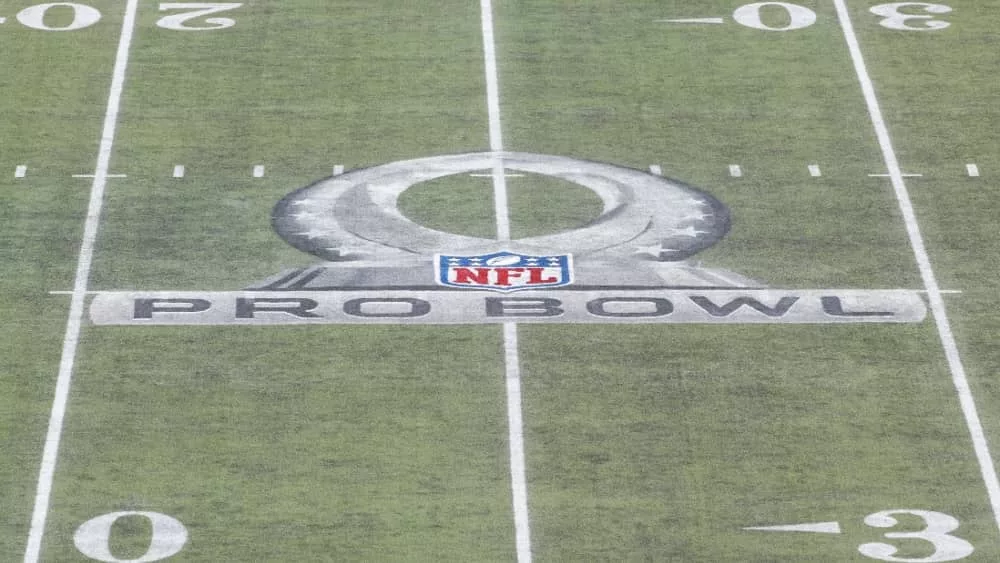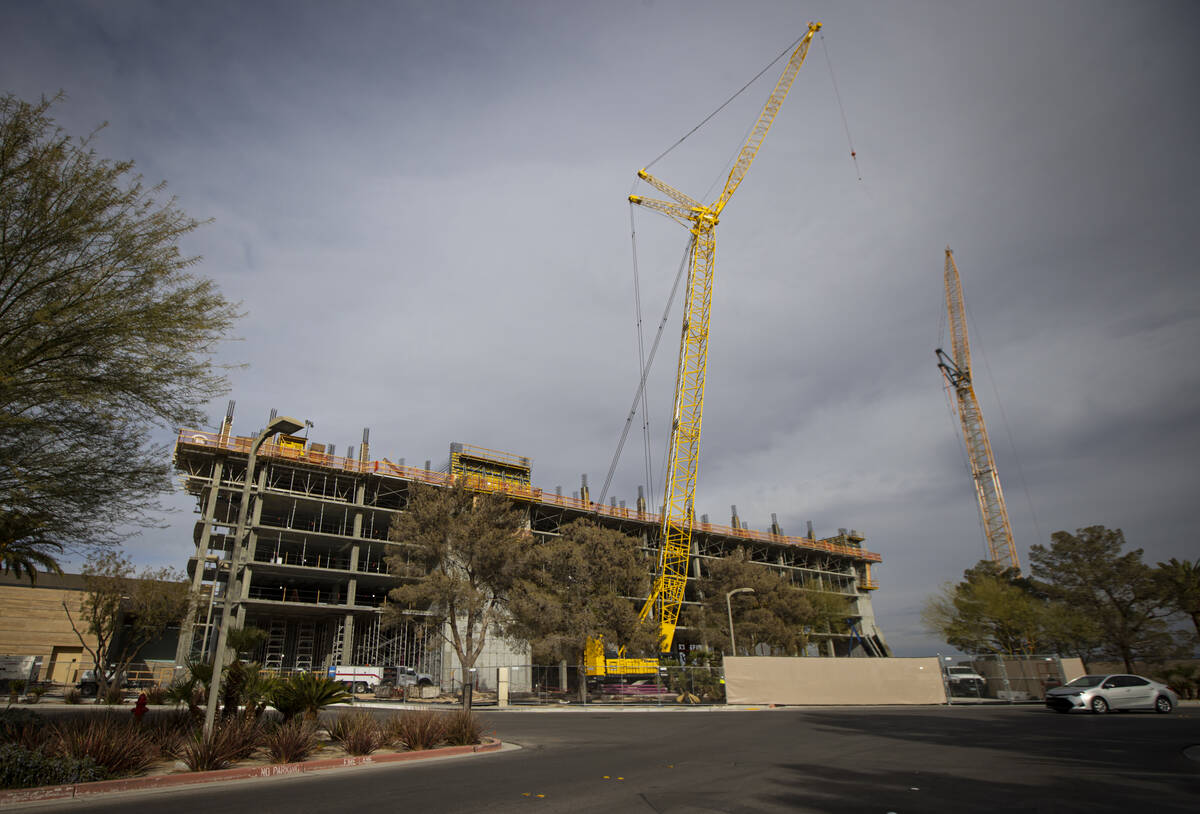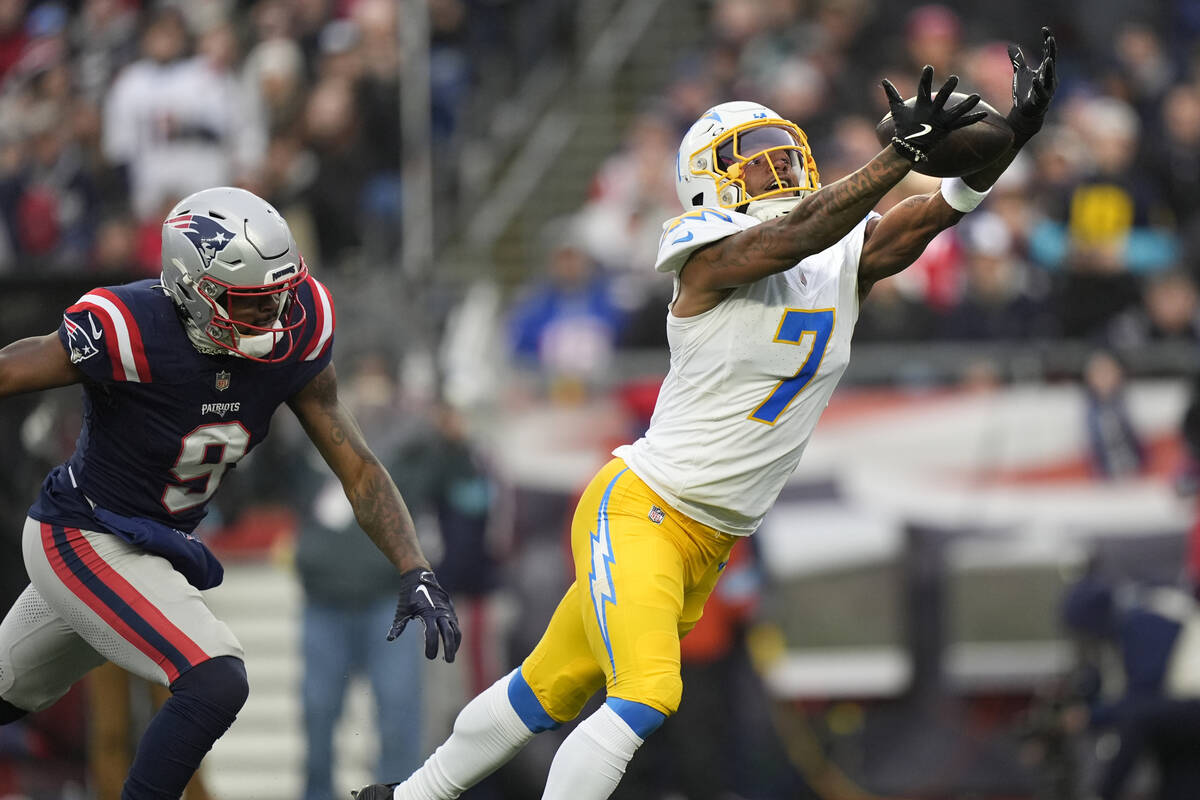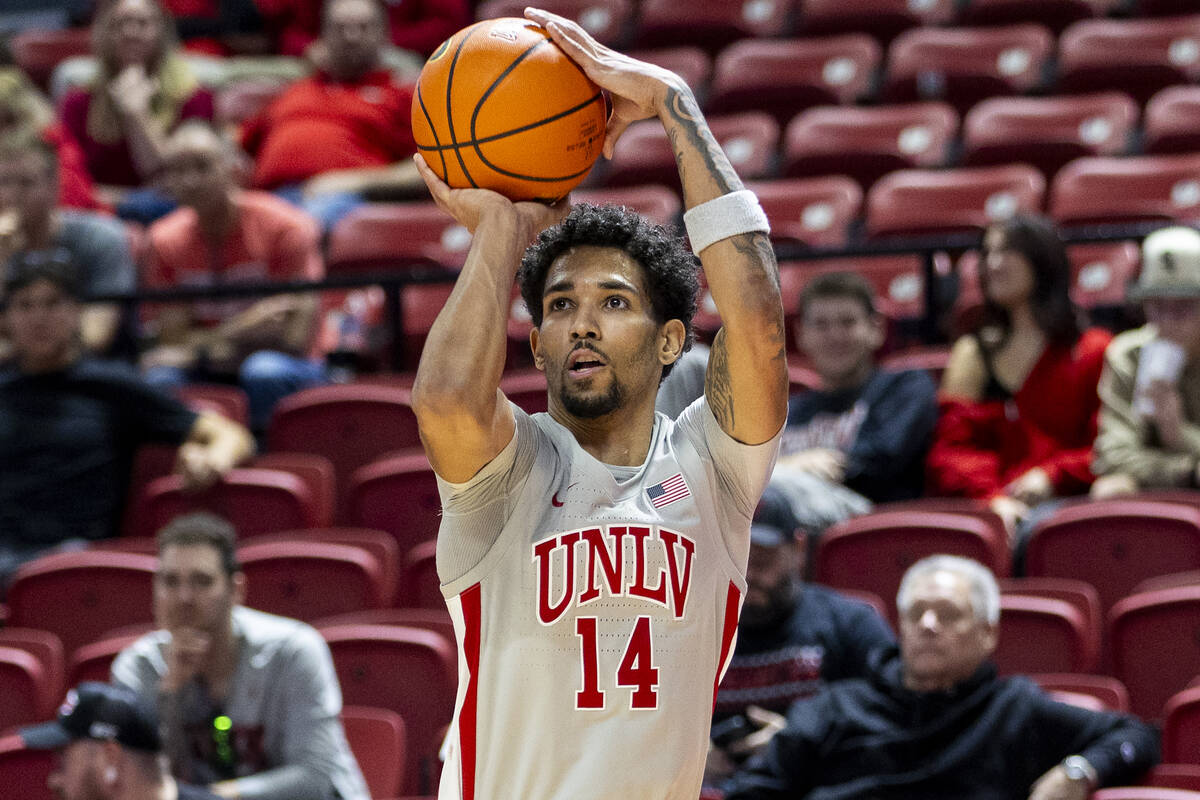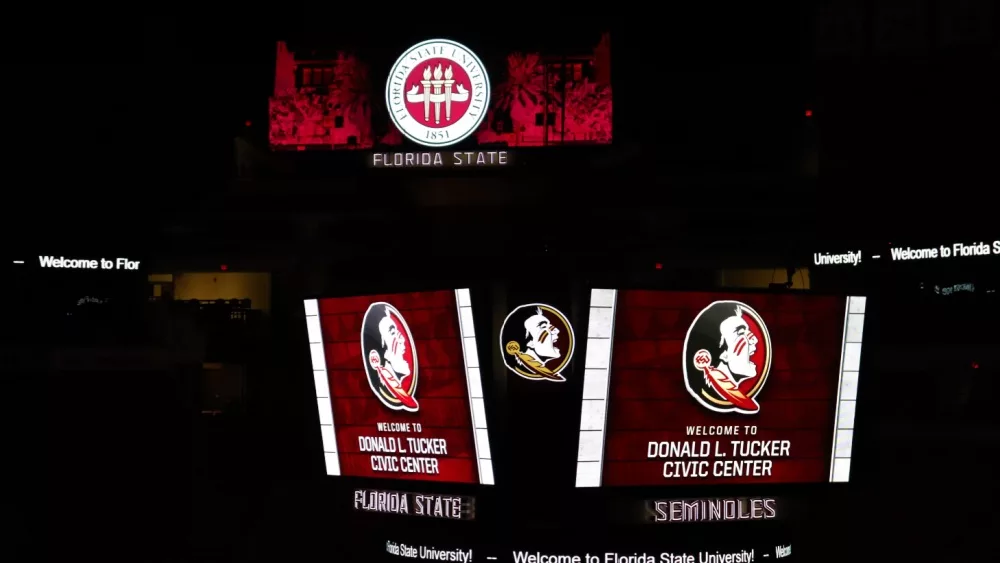Rich Muraco said he’s “torn” about a Nevada Senate bill that could create a new, more liberal transfer rule for Nevada high school sports, similar to college athletics.
While the Liberty High School football coach and athletic director said he supports openness of choice, he’s concerned about the unintended consequences the bill could have on the high school sports landscape.
“This could be really bad for CCSD schools,” Muraco said.
The potential one-time transfer rule stems from Senate Bill 114, which asks the Nevada Interscholastic Activities Association to make a student immediately eligible for all athletics activities after their first transfer from one school to another.
Under current NIAA rules, a student who transfers to a different school is ineligible to compete in varsity sports for 180 school days. Students can compete in sub-varsity sports.
Students can apply for a hardship waiver to be immediately eligible if their residential zone changes.
Muraco’s hesitations on the bill are based on how private and charter schools could benefit from getting players.
“I know we’re one of the schools that would benefit from something like this. … I’m not totally against it. I’m just worried how Bishop Gorman could essentially use this like a transfer portal for them,” Muraco said.
The bill unanimously passed through the Nevada State Senate on April 25. It was brought up for testimony last Tuesday in the State Assembly’s Education Committee.
No decisions were made on the bill. It is still pending a vote from the Assembly. There is no timetable for when the bill will be discussed again or voted on by the Assembly.
“Our membership wants to handle this and make considerations for what’s being proposed, but to handle it in ways that we understand what the ramifications may be, how something needs to be defined and how it will work,” NIAA Executive Director Donnie Nelson said. “To just say, ‘You need to do this,’ that’s not where our membership wants to start.”
The bill originally asked the NIAA to grant immediate eligibility to students who transfer to a public charter or magnet school. State Sen. Edgar Flores, D-Las Vegas, added four amendments, including one that adds “a one-time eligibility provision across the board” for private and public schools.
Flores did not return email requests for comment.
“There were positives and negatives to (the current transfer rules), but I think it kind of leveled the playing field more so than what this new rule could do,” Spring Valley football and softball coach Marcus Teal said.
Teal also has mixed feelings about the bill. He said this bill could “open Pandora’s box,” and hurt programs like his if players leave for bigger programs.
“You might see a lot of exodus from some places,” Teal said. “As the saying goes, the rich get richer, and that’s going to play a big part in this law going through. I’m on the fence because I’m just more nervous that I might lose some guys.”
Recruiting fear
Shadow Ridge flag football coach Matthew Nighswonger said he wished he had spoken up earlier before SB114 passed through the Senate. Nighswogner gave testimony against the bill last Tuesday.
He worries that this bill would open up the possibility for more recruiting of athletes.
“(The transfer rule) is one of the major things that help stop recruiting. … I do feel like it would open the door for a lot more recruiting to be going on,” Nighswonger said.
Teal said coaches are concerned that athletes could be poached from their teams, and coaches would have to do the same things to build up their rosters and keep up with the top teams in the city.
“There’s that natural fear of having to lose kids or have to go out and try to recruit kids to come to play in your program,” Teal said.
Nighswonger is also concerned that there could become a greater competitive imbalance.
“You see inequities within the athletic systems here in Clark County already. … A lot of these schools that have staff turnover and less stability within their athletic programs, those are the schools that are going to lose out even more,” Nighswonger said.
Nighswonger said students take notice of the schools that have athletic success and believes an outcome of the bill could be students transferring their senior year to the top schools.
“All of a sudden these seniors are transferring to the best school for that sport for their senior year when they’re developed…to have a little more publicity, notoriety and recognition,” Nighswonger said.
Waiting game
According to data from the NIAA, there were just over 40,000 participants in high school athletics last year. That data does not include unique individual identifiers, so if a student plays three sports, they are counted three times.
Nelson said that based on the data, there were between 5,000-6,000 transfers statewide. He said that number is closer to under 3,000 considering that athletes that play multiple sports.
Nelson said the NIAA is in a holding pattern to see what’s next for the bill. If it passes, he isn’t sure if the Legislature or NIAA would have to come up with the mandate.
“The NIAA would have to see what the mandated implementation of this would be,” Nelson said. “And we’d also have to find out if there are any more details as to what it really needs right now. It’s still very broad.”
Teal said it’s a “bad decision” to have the Legislature creating rules and trying to oversee high school sports.
“Once you allow the legislature to start stepping in and overruling high school sports and doing things, I think it sets a precedent for a little bit of upheaval with the state association,” Teal said.
Muraco is concerned about how this would be implemented and having lawmakers overstep the NIAA.
“I don’t think that a lot of times the people necessarily writing the laws really understand all the logistics of how things have to get done,” Muraco said. “We’ll see what happens if it passes.”
Fifth-year of eligibility
Another bill that would impact high school sports, Senate Bill 196, is also still alive in the Legislature.
SB196 says students who were in high school during the state of emergency for the COVID-19 pandemic are granted an extra year of eligibility for NIAA events. Current sophomores, juniors and seniors would have 10 semesters of eligibility.
“I can’t even see how that would be fathomable,” Teal said.
The bill unanimously passed through the Senate on April 20 and was brought up for testimony at the Assembly’s Education Committee meeting Thursday. No decisions were made on the bill and there is no timetable for future discussions or votes.
State Sen. Scott Hammond, R-Las Vegas, the bill’s sponsor, did not return email requests for comment.
Nelson said he has no idea how many students would take advantage of an extra year of eligibility. But he expressed concerns school districts could face if a lot of students take advantage of it and classroom sizes grow.
“What are we doing when we allow that to happen? That doesn’t make sense to me. I would be totally against that,” Teal said.
Contact Alex Wright at [email protected]. Follow @AlexWright1028 on Twitter.

